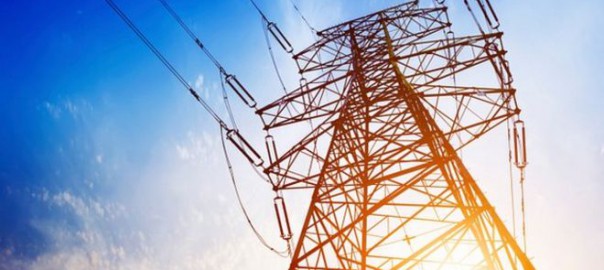Renewables have the power to transform not just the world’s energy markets, but global economics and geopolitics.
But wind and solar alone cannot deliver a world of clean and free fuel. Both are, by their very nature, variable, so to realise their true potential other technologies need to be harnessed.
Improving connectivity to other countries is one relatively simple solution, but in a world where governments are becoming increasingly preoccupied with energy security, its attractions are somewhat limited.
Managing demand more effectively using smart grids and appliances is another.
But the technology with the most revolutionary potential is energy storage.
As Jimmy Aldridge at the UK’s Institute of Public Policy Research think tank says:
“This is the most exciting area within the energy sphere and it’s totally transforming the way we interact with the grid.”
‘Huge disruption’
There are some very obvious ways in which storage can help communities and companies across the world.
Blackouts in developing economies can cause havoc.
In South Africa in 2008, for example, power cuts caused some of the country’s biggest gold and platinum mines to close, leading to a rise in global commodity prices, not to mention huge disruption to the lives of millions. Such unreliable power grids also hamper foreign investment.
Energy storage can not only provide back-up power in case of power cuts, but also help electricity grids run at average rather than peak load, therefore reducing the chances of cuts in the first place.
To this end, Puerto Rico, for example, has set a 30% storage requirement for any new renewable capacity.
But it’s not just developing countries that can benefit. The US government estimates that hundreds of power cuts between 2003 and 2012 cost the country up to $70bn (£45bn) a year. Tens of storage systems are already operating in many states, while California has set a target of 1.3GW to help meet its renewable objectives.
The UK has already built its first grid-level storage battery while Italy, Hungary and Saudi Arabia among others are likely to follow suit.
Storage is also proving invaluable for isolated communities that have no access to the national grid, with islanders in particular enjoying continuous power without the need for additional diesel generation.
Read more: BBC
